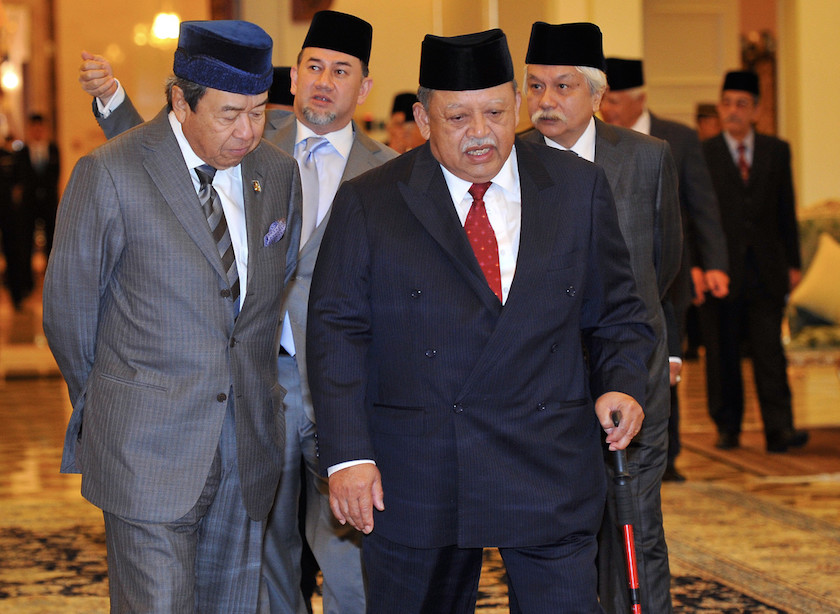KUALA LUMPUR, June 9 ― The National Security Council (NSC) Act 2016 was gazetted as law Tuesday, but the controversial legislation which gives the government emergency powers did not receive royal assent.
The Bill became law at the end of the 30-day period without the Yang di-Pertuan Agong’s express assent, as permitted by Article 66(4A) of the Federal Constitution.
The article states that even if a Bill does not receive the King’s formal endorsement, it will automatically become law after 30 days as if the assent was given. As such, royal assent was considered to have been given for the NSC Act on February 18, 2016.
The Conference of Rulers said last February that some provisions of the National Security Council Bill 2015 should be refined.
The NSC Act was gazetted without amendments as the Bill had not been sent back to the Dewan Rakyat with any amendments after it was approved by the lower and upper houses of Parliament late last year. It is not yet in force.
The NSC Act proposes to allow the National Security Council — which would be chaired by the prime minister — to take command of the country’s security forces and impose strict policing of areas deemed to face security risks.
According to the Act, the jurisdiction of the NSC takes effect once the prime minister designates a location as a “security area” — a status that is valid for six months at a time, subject to renewal by the prime minister.
Once the NSC takes control of a security area, security forces will have the right to search or arrest without warrant any individual “found committing, alleged to have committed, or reasonably suspected of having committed any offence under written laws in the security area”.
Malaysia’s three law associations — the Malaysian Bar, the Advocates’ Association of Sarawak and the Sabah Law Association — expressed concern last January about the law concentrating “enormous” executive and emergency powers in the NSC and in the prime minister.
They also pointed out that for the government to hold emergency powers without the need to declare emergency under Article 150 of the Federal Constitution, it would usurp the authority assigned to the Yang di-Pertuan Agong.



















